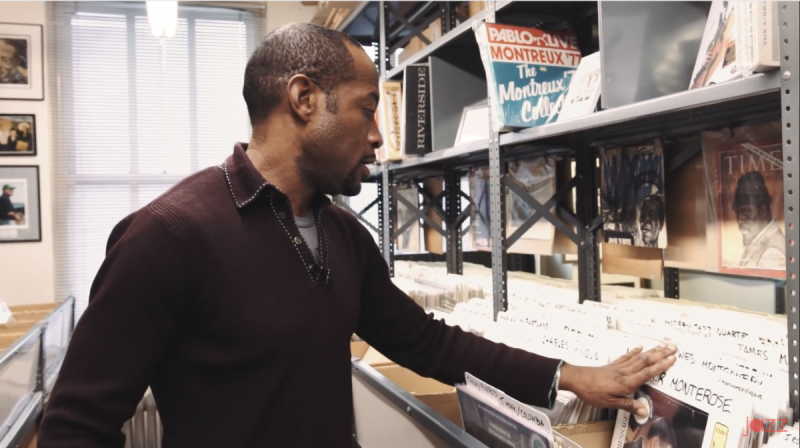This past weekend, Rose Hall was buzzing with the spirit and music of the ‘60s

This past weekend, Rose Hall was buzzing with the spirit and music of a tumultuous, redefining period in our history known as the ‘60s. A decade characterized by innocence and cynicism, conformity and counterculture, the ‘60s had equal parts promise and heartbreak. Walter Blanding curated and directed two concerts that focused on a crucial issue that dominated our national life in the ‘60s – the subject and meaning of freedom. Now is a great time to examine this concept because our collective political disengagement and impotence has allowed the ruse of “security” to divert our attention from what freedom actually requires of us.
The first half of the program featured Walter’s emotionally direct orchestral treatment of Sonny Rollins’ masterful and under-referenced “Freedom Suite,” followed by the premiere of a four-movement Blanding original entitled “The Happiness of Being.” It is a tonal journey from desire to personal attainment and the title of each movement explains exactly what the music evokes: 1) Hope 2) Introspection 3) Try, Try Again and finally 4) Joy.
In “Introspection”, Walter played some deep, deep notes. This movement was a moment of absolute, pure listening. Yes, we were playing, but we were HEARING with even more intensity. It was a profoundly communal experience.
The orchestra was of one mind in bringing openness and honesty to our rehearsals and performances of Walter’s music. His music was as he is: soaked in human feeling and that elusive element known as “soul.”
One of the aspects of this year’s concerts, featuring different musical directors, that I have most enjoyed is hearing cats talk about is how they conceived and created their music. On Saturday night, Walter said, “Finding moments of being happy with oneself is a very good way to also find freedom – the freedom to be yourself.”
Yes! His music liberated us all.
Wynton

